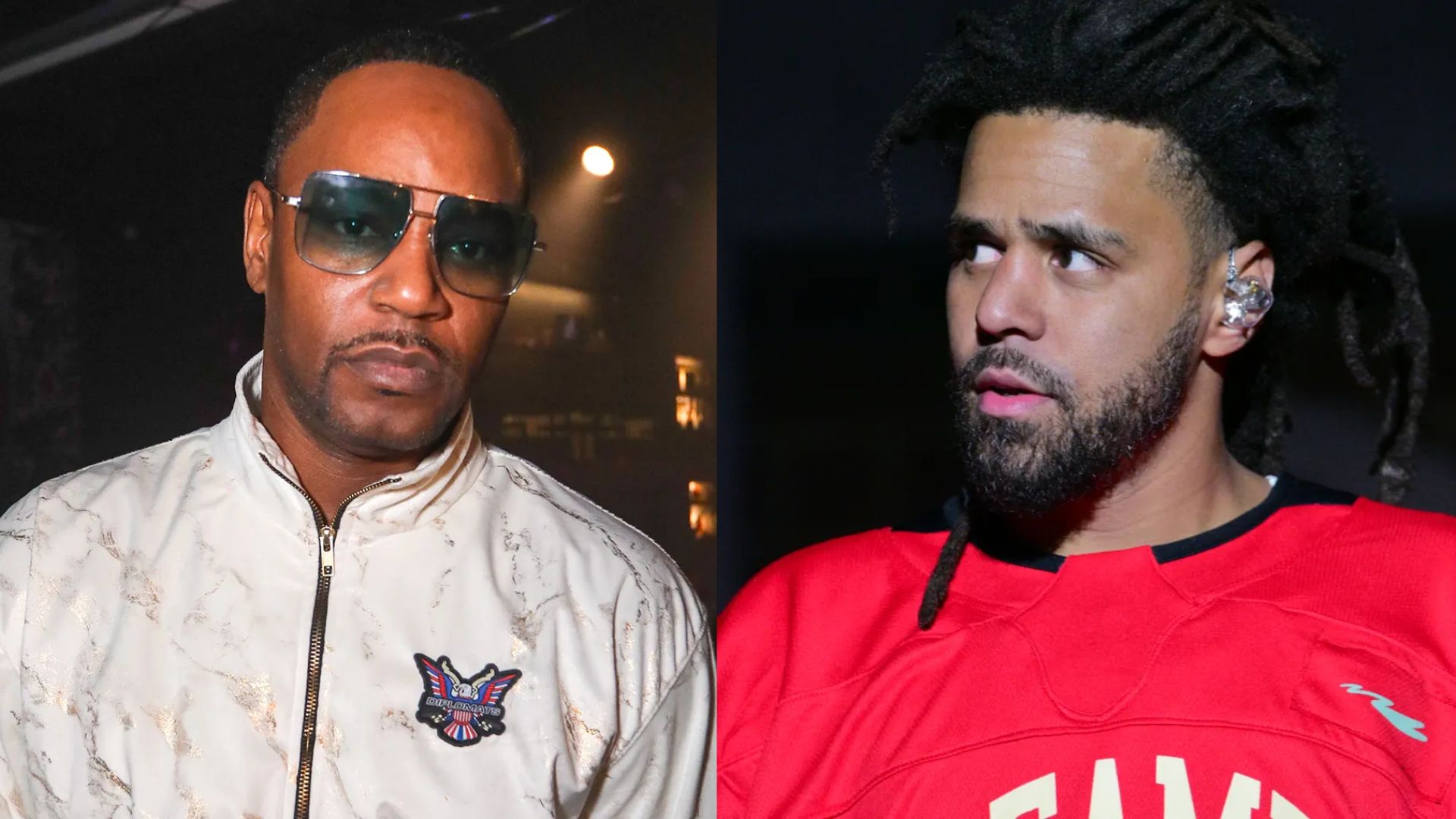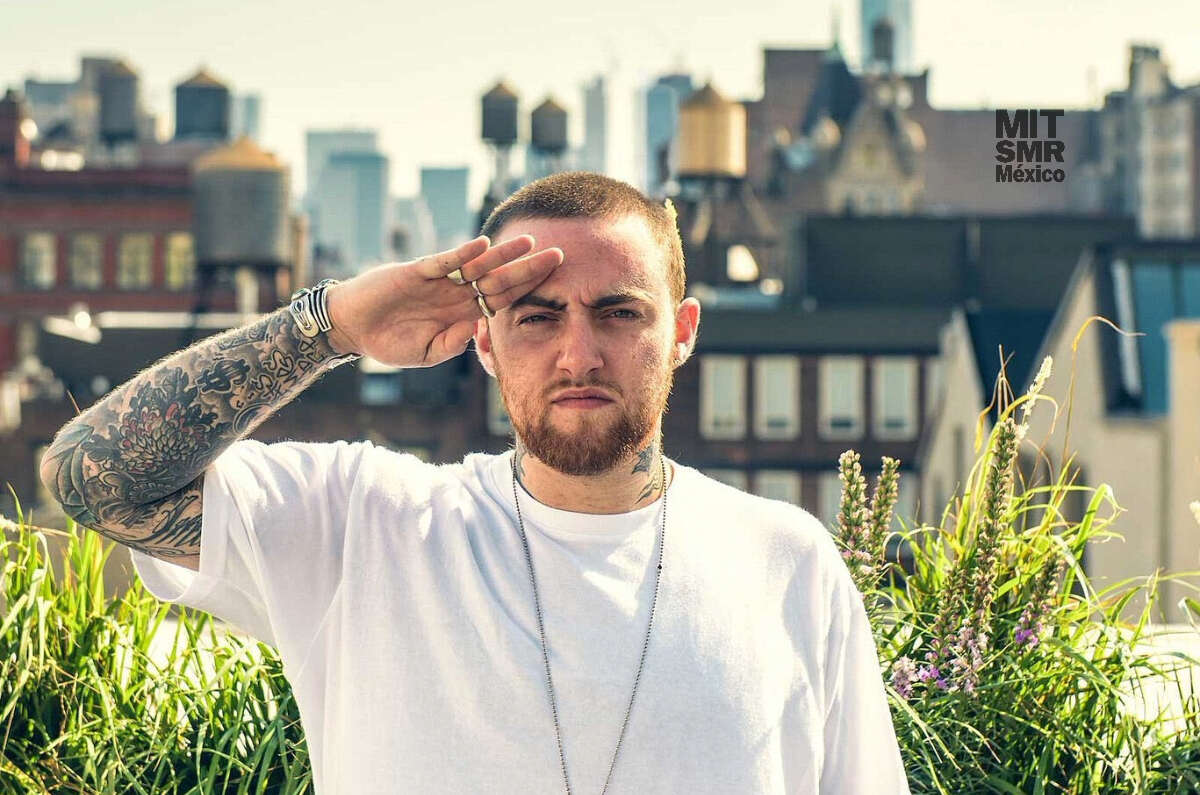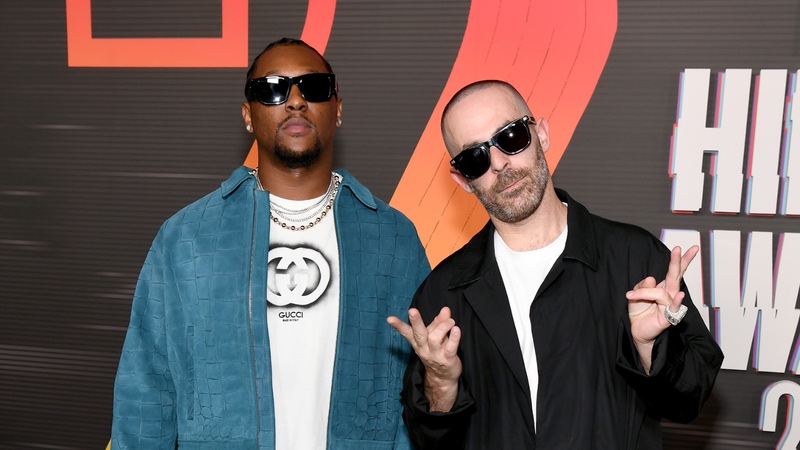Lil Baby occupies an awkward middle ground in rap’s ever-changing hierarchy. He’s years removed from his breakthrough, no longer able to attract the buzzy declarations that fresh-faced stars so often do. He’s not the next big thing nor next up. He’s already been there, done that.
But he’s also not approaching his 30s, aging gracefully into rap middle age. Rather, he’s simply a 25-year-old Atlanta star moving towards the peak of his career with a bunch of fantastic songs and good albums under his belt. Is he a superstar? Is he the next gatekeeper of Atlanta’s influential scene? Maybe…It’s hard to say. With My Turn, he tries to answer that question for us.
The rapper born Dominique Armani Jones found immediate success with his debut tape, Perfect Timing. Assisted by his friend and mentor, Young Thug, Lil Baby’s early acclaim was all but a guarantee. A co-sign from Atlanta’s favorite chameleon in 2017 was practically an invite to the Billboard charts. While Lil Baby didn’t sniff the charts until December of that same year with Too Hard, his immediate star power as a mixtape maverick was clear.
Baby’s rise from up-and-coming Southern force to a national wrecking ball occurred with the release of his debut LP, Harder Than Ever, in May of 2018. With guest features from the likes of Drake, Lil Uzi Vert, Young Thug, and an early peak into his most fruitful collaboration to date — with fellow ATL hero Gunna — Lil Baby had the force of the entire industry behind him. He hasn’t let up since.
As of publishing date, Lil Baby has two top 10 singles on the Hot 100, although both are supported by other emcees. Harder Than Ever’s “Yes Indeed” was practically guaranteed a spot from its inception thanks to a Drake feature, and “Drip Too Hard,” a standout from his excellent mixtape with Gunna, peaked at No. 4 and was nominated for a Grammy this year.
The stakes have been set for Baby to emerge as the king of his class, a rapper by whom all other emcees are measured. With My Turn, he makes his case — starting with the title and running through 20 tracks that move from average to great. It’s certainly a bit bloated, but it’s his best project since Drip Harder.
It’s hard to pin what, exactly, makes Lil Baby so appealing and exciting as a rapper. He’s malleable and chameleonic, a Young Thug disciple if there ever was one. His bars, though, sometimes leave much to be desired. On “How,” he raps, “Rings on my hand cost a fortune/ Shoutout to my mama, no abortion” — which he could maybe get away with if he didn’t rap as if he would rather be anywhere else than in the booth. But these moments are fewer and further between than in any previous Lil Baby project.
Style is a slippery, subjective rubric, but the best Lil Baby songs ooze with charisma and confidence. Lil Baby is at his best when he’s vivid in his descriptions of everyday life. On the 42 Dugg-assisted “Grace,” we learn that Baby’s got designer kicks for days, but still gravitates to the cocaine-white shine of Air Force 1’s because he’ll always be a dope boy — even when he’s years removed from the streets.
“Woah” first came out last November, but Lil Baby’s ferocious flow coupled with a piano-tinted trap beat will always sound good, whether on its own or within the rhythm of an album. It’s one of Baby’s most imagistic songs on the LP, conjuring up depictions of his-and-hers Mercedes G Wagons and a collection of purses for his favorite girl.
The very next track, “Live Off My Closet,” features Future, and it’s always exciting to hear Baby push up against the legends of Atlanta; it elevates him to another level, making it abundantly clear that he can turn it on and off when he pleases. It’s exciting, but it’s also frustrating: If Lil Baby ever makes a whole album where he’s rapping like it’s the last five minutes of a playoff game, look out.
My Turn is an expanded version of Lil Baby’s best attributes, with most of his flaws minimized to a whisper. He’s no longer leaning on featured artists to help carry the load. Sure, there are songs here supported by the likes of Uzi, Moneybagg Yo, Future, and Thugger, but he shines brighter as a solo artist, showcasing stronger lyrics and more comprehensive structures than ever before. It’s tempting to think what Lil Baby could do with a no-features solo project, but with guest artists catapulting the album to another likely chart-topping debut, it’d be foolish for the Atlanta staple to move away from the formula.
Lil Baby is excelling as a dependable force in rap, and My Turn is at its best when Lil Baby is alone and given space to thrive. It’s no guarantee he’ll ever reach the pop culture influence of rappers like Thug, Future, and Drake, but if he never gets there, he’s just a notch below. My Turn is his best solo project to date, a mesmerizing and repeatable tour through Baby’s aesthetic tendencies. If he hasn’t already arrived at the highest echelon of rap, he’s climbing his way there now.



